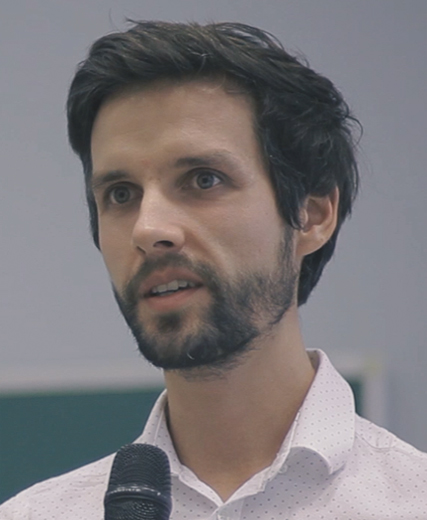Protector Parts in IFS Therapy
The Internal Family System distinguishes protector Parts from protected Parts, called Exiles. Protector Parts in IFS therapy are the ones who save us from feeling hurt either by proactively avoiding any situations that might awaken old pain (Managers), or if a Part holding the pain gets triggered, by immediately jumping to the rescue no matter the cost (Firefighters).
Protector Parts in IFS – how they work?
Protector Parts are active throughout the day. Managers wake us up, prepare the food, take us to work and go about our daily chores. They often adopt those roles in our childhood. The better they get at their tasks the more they are relied upon and the more they feel old and overworked and irreplaceable. Their responsibility feels huge and even if they do not like their role, the fear that if they stop life will crumble is growing. They do not allow themselves to rest.
This is where the therapist enters with hope for change, for rest, and for freedom of choice of their preferred role.
Exiles & Protector Parts in IFS
The IFS process is divided in 2 steps: protector Part work and Exile Part work.
It culminates in unburdening parts holding pain. But the second part can’t happen without the agreement of protector Parts.
Protectors are critically interested in safety. They fear inner work will cause destabilization. Work done despite protector fear if at all possible, can increase the rigidity of the protector, cause backlash from the Part that felt ignored or worse betrayed. The result is contrary to what we wish for, as there can be an increase in unwanted symptoms. Accessing protected Parts against the will of protectors is a breach of trust and can cause work stalling for months.
IFS therapy expects and welcomes resistance from protector Parts as a sign of the will to protect, and opportunity to build good Part-to-Self relationship.
The slower you go at the beginning the quicker the work proceeds, down the road.
“Slowly, slowly – we’ll get there quicker” repeats Lead Trainer Ossi Arbel.
Protectors want to be heard, respected, recognized for their efforts, and included in the process. Honoring protector intentions, efforts, and getting to know them infuses trust in the system. The more trust there is the more Self lead we become.
“Protectors are most helpful in the assistant seat, not the driver seat,” says Richard Schwartz.
Do you want to learn more about IFS therapy?
Get access to our free 3-day IFS Online Intro Course.

